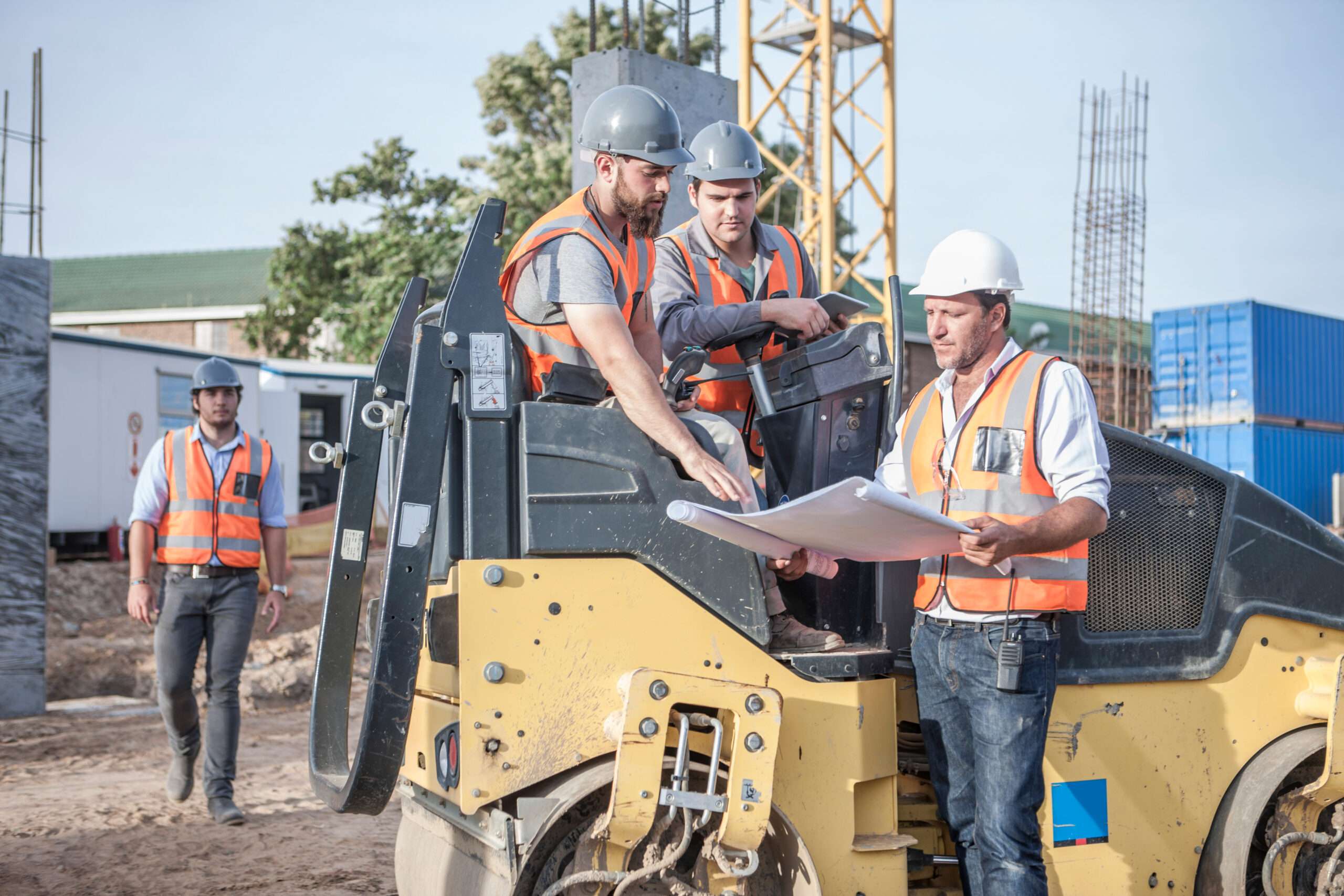
How To Become A Heavy Equipment Operator
If you have ever considered a career in the construction industry, you may wonder what it takes to become a heavy equipment operator. Becoming a heavy equipment operator involves a combination of education, training, and hands-on experience. Heavy equipment operators control machinery like bulldozers, excavators, loaders, and cranes, often working in construction, mining, or industrial environments. Here’s a step-by-step guide to help you become a certified heavy equipment operator.
Meet the Basic Requirements: Before pursuing training or a career, ensure you meet these prerequisites. You have the ability to lift heavy items, operate machinery, and work in varying conditions.
Research Heavy Equipment Operator Programs: Enroll in a heavy equipment operator training program through technical schools, Apprenticeships and colleges.Some colleges offer specialized courses or certifications.
Obtain Certification: Complete training and certification courses.Certifications are often required to prove your skills and knowledge
Gain Hands-On Experience: Complete an apprenticeship or on the job training.Work on construction sites, quarries, or industrial projects to build real-world experience.
Apply for Jobs: After completing your education and training, you are ready to start applying for heavy equipment operator jobs. Make sure your resume will be updated with all the training, skills, knowledge and certifications you gained while preparing for your new position.
Continue Your Education and Specialize: Learn to operate a wide variety of machinery. Gain supervisory roles or specialize in operating equipment for large-scale projects. It will help you in this field.
What Degree Do You Need For Heavy Equipment Operator
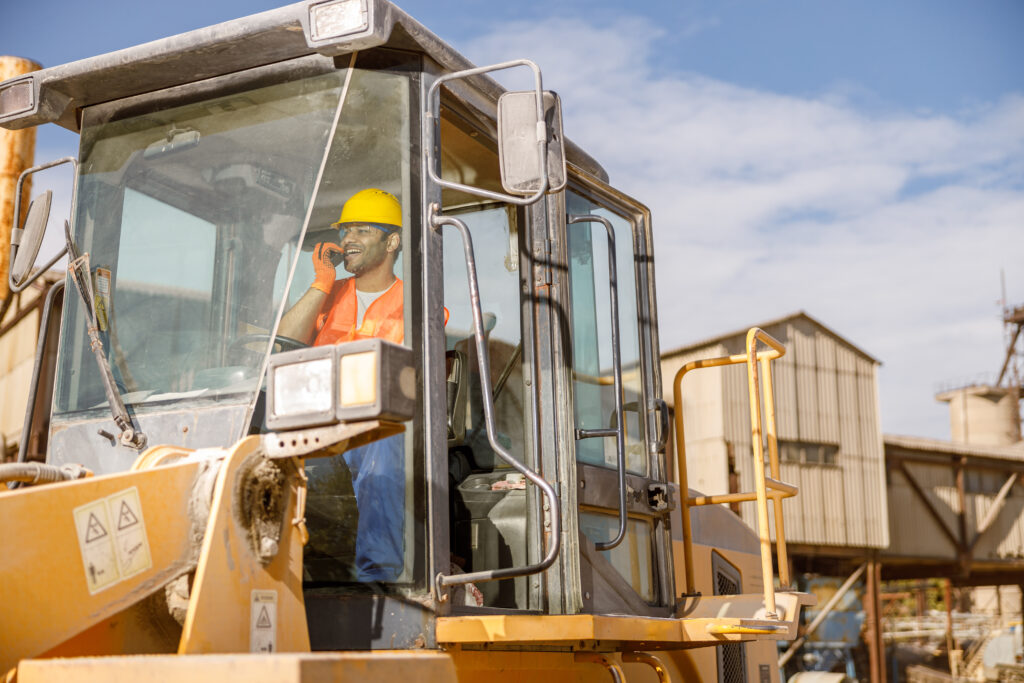
you do not need a college degree to become a heavy equipment operator. Instead, employers typically look for a combination of training, certifications, and hands-on experience. However, completing formal education or training programs can help you stand out.
High School Diploma or GED: Construction equipment operators typically need to have a high school diploma or GED. classes in automotive may be useful, as heavy equipment operators may maintain and repair their own equipment.
Vocational or Trade School Programs: after completing your high school education, you can focus on the practical component of your training. Vocational schools offer heavy equipment. You should make sure that your course of study also includes real world experience if you choose this route.
Apprenticeship Programs: worked based learning programs typically lasting three to four years, apprenticeship programs is a technical instruction with paid on the job experience. During training you will learn how to operate machinery, maintain equipment and use technology like GPS devices.
Certifications: the occupational safety and health administration does not provide a certification for heavy equipment operators but it does not require employers to train and instruct employees on a safe equipment operation.
Optional Education: You can pursue in this field including Construction Management,Heavy Equipment Technology,Civil Engineering Technology these degrees can help advance your career into supervisory or managerial roles within the construction or heavy machinery industries.
If you want more description on the heavy equipment operator as a career Visit Here.
What Is The Future Outlook For Heavy Equipment Technician
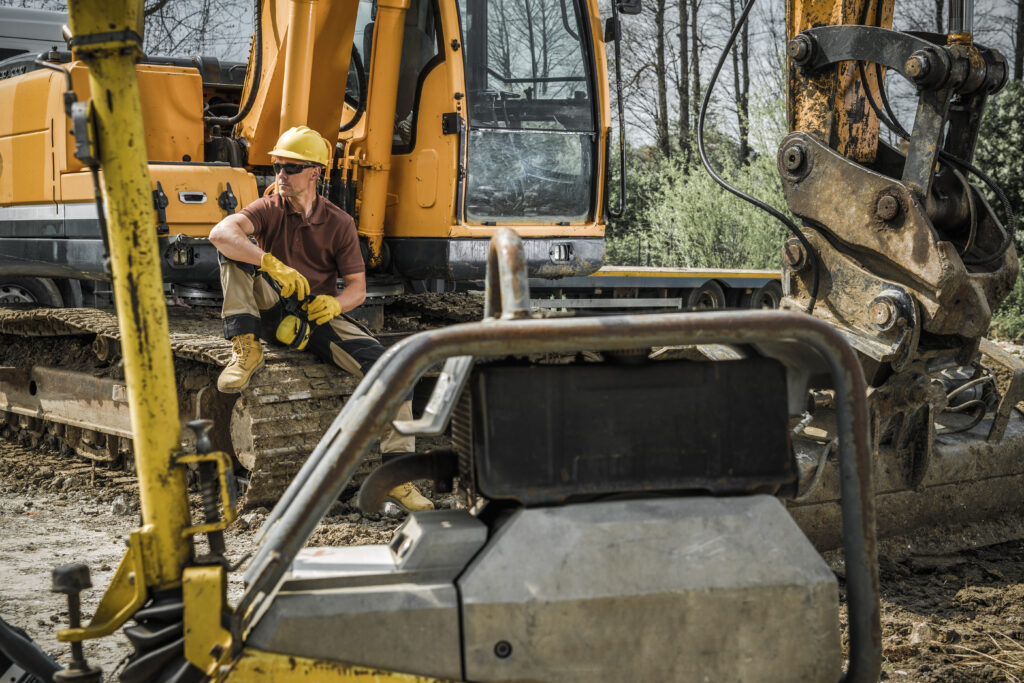
The future outlook for heavy equipment technicians is positive, with a projected growth in employment that’s much faster than the average for all occupations.
Employment growth: Employment for heavy vehicle and mobile equipment service technicians is projected to grow 9% from 2023 to 2033. This is due to the need to replace workers who retire or move to other occupations.
Job openings:There are expected to be about 24,100 openings for heavy vehicle and mobile equipment service technicians each year.
Demand for skilled operators:There is a high demand for skilled operators, which can lead to more job security, benefits and opportunities.
What Are Good Colleges For Heavy Equipment
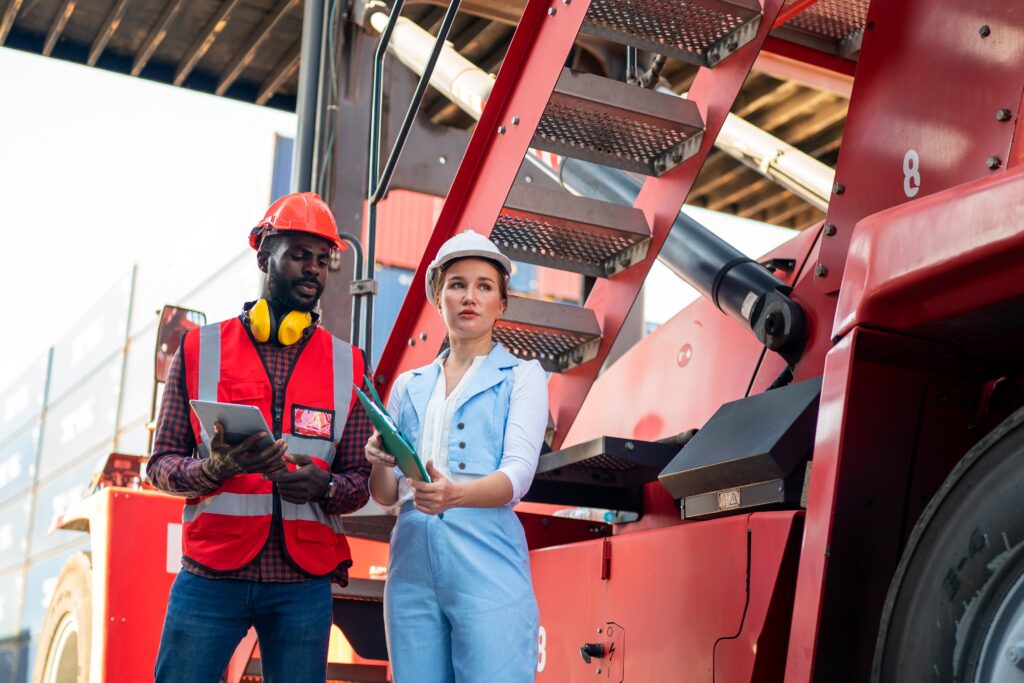
Several colleges and vocational schools offer excellent programs for aspiring heavy equipment operators and technicians. These programs typically combine classroom learning with hands-on experience, equipping students with the necessary skills to work with heavy machinery. Below are some of the best colleges and institutions that offer specialized training in heavy equipment operation and technology:
Universal Technical Institute: UTI offers a Heavy Equipment Technician program that focuses on the repair and maintenance of heavy machinery used in construction, agriculture, and transportation.
WyoTech: WyoTech offers a Heavy Equipment Technology program that trains students to work on the systems and components of heavy machinery. It covers areas like hydraulics, diesel engines, and construction equipment.
North American Trade Schools: North American Trade Schools offer programs in Diesel and Heavy Equipment Technology, focusing on the repair and maintenance of heavy equipment.
College of Southern Nevada: The Heavy Equipment Operator program at CSN provides students with the skills necessary to operate bulldozers, backhoes, excavators, and other equipment.
Pennsylvania College of Technology: The Heavy Equipment Operations program at Penn College prepares students to work as heavy equipment operators in construction and other related industries.
Iowa Central Community College: The Heavy Equipment Operations program at Iowa Central provides students with the skills to operate bulldozers, graders, backhoes, and other equipment.
Gateway Technical College: Gateway offers a Heavy Equipment Technician program that covers operation, maintenance, and repair of various construction machinery.
Texas State Technical College: TSTC offers a Heavy Equipment Operator program that includes training in construction equipment operation, safety, and machine maintenance.
Southern Utah University: The Heavy Equipment Operations program at SUU offers students hands-on training in the operation of heavy machinery used in construction and other fields.
What Is The Availability In Being A Heavy Equipment Operator
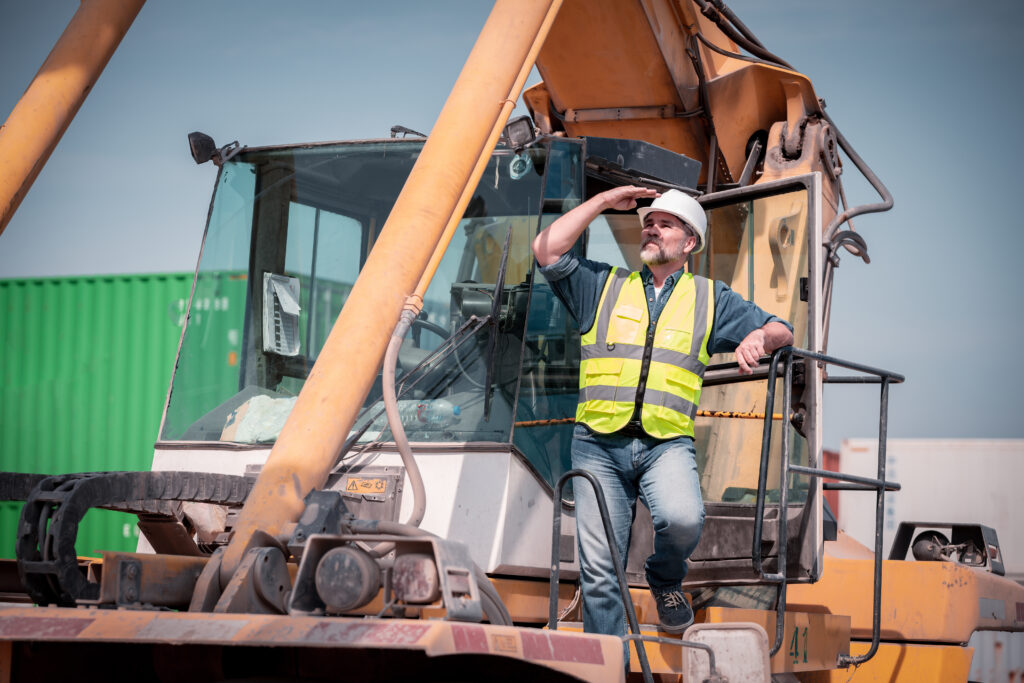
The availability of opportunities to become a heavy equipment operator is strong and growing, driven by various factors such as infrastructure projects, construction, and increasing demand for skilled workers in industries that rely on heavy machinery. Here’s a breakdown of the key aspects that influence the availability of opportunities for heavy equipment operators:
Job Demand and Growth: As industries like construction, mining, agriculture, and energy continue to expand, the demand for skilled heavy equipment operators remains high.Workforce in the construction and equipment operation industries is creating opportunities for younger workers to enter the field.
Geographic Availability: Heavy equipment operators are especially in demand in rapidly growing urban areas where construction and infrastructure projects are booming. Metropolitan areas often have consistent demand for operators. In rural areas, especially in sectors like agriculture, mining, and energy extraction. Some remote areas may offer higher pay to attract skilled workers due to the difficulty of finding labor.
Industries Hiring: Road construction, residential buildings, and commercial projects drive a steady demand for equipment operators.
Education and Certification Requirements: Heavy equipment operator programs at trade schools and community colleges are widely available across the U.S. and internationally. Apprenticeships and on-the-job training are also common routes into the profession.
Technological Changes: As technology advances, heavy equipment operators with skills in automation, GPS systems, and machine diagnostics will have an edge. The increased use of automated and telematics systems in heavy machinery is creating demand for operators who are skilled in these areas.
Salary and Benefits: The salary for a heavy equipment operator can vary by region and industry, but on average, operators earn between $40,000 and $70,000 per year. But Operators in certain sectors like mining or oil and gas may earn higher wages, especially in remote locations.
Job Stability: Long-Term Stability: With the need for infrastructure maintenance, construction, and resource extraction, heavy equipment operation is expected to remain a stable and vital profession.
What Is The Job Growth For Heavy Equipment Operators

The job growth for heavy equipment operators is projected to be steady in the coming years, with a 4% to 5% growth rate from 2022 to 2032, which is about the average growth rate for all occupations. Here’s a more detailed look at the factors influencing job growth in this field:
Infrastructure and Construction Projects: Increasing government investments in infrastructure, such as road construction, bridge repairs, and public building projects, will create a steady demand for heavy equipment operators.
Technological Advancements: Automation and Machine Learning: The increasing use of automated machinery and GPS technology is shaping the future of the field. Operators with skills in handling high-tech equipment and understanding telematics will be in demand.
Replacement of Retiring Workers:The aging workforce in the construction industry is creating a larger demand for new operators. Many skilled operators are nearing retirement age, and their positions will need to be filled by younger workers, driving job openings.
Increasing Demand in Resource Extraction: Mining and Energy: Growth in sectors like oil, gas, and renewable energy continues to require the operation of heavy equipment in exploration, extraction, and transportation projects. As the demand for natural resources remains high, so will the demand for equipment operators in these industries.
Variations by Region and Industry: Heavy equipment operators are in high demand in more remote or rural regions, especially in industries like mining, agriculture, and energy extraction, where construction and operational work is ongoing.
Labor Shortages: Skilled Labor Shortages: Many regions face a shortage of skilled workers in the construction and machinery operation fields. This shortage is expected to create more job openings for qualified heavy equipment operators.
What Is The Work Environment Of A Heavy Equipment Operator
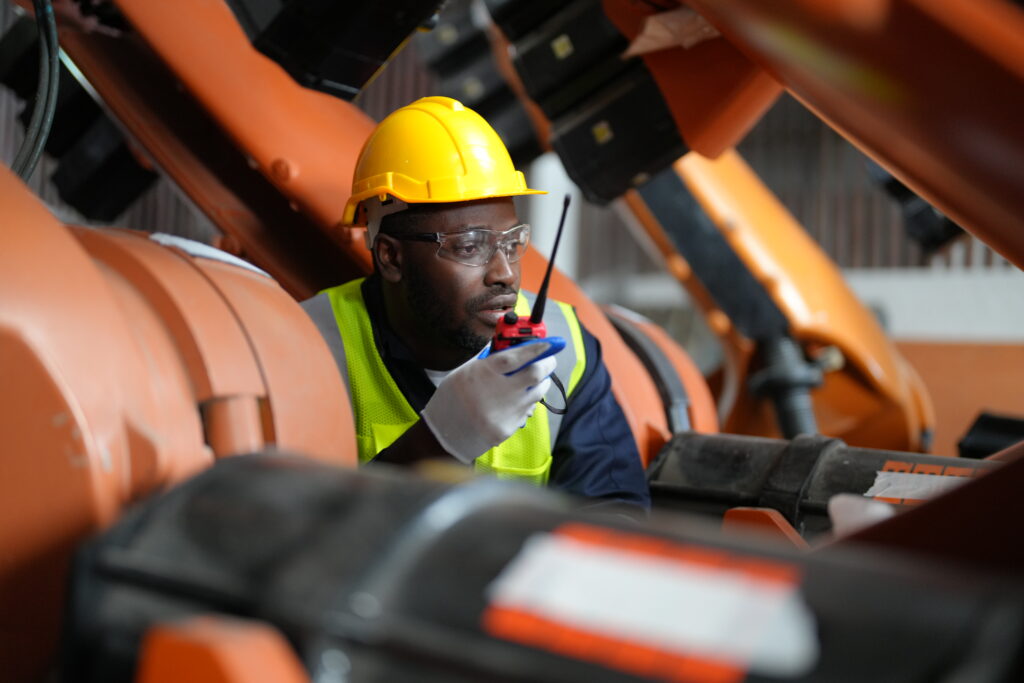
The work environment of a heavy equipment operator is typically outdoors on a construction site, where they operate heavy machinery to move and place materials:
Weather: heavy equipment operators must be prepared to work in all weather conditions, including extreme hot and cold weather.
Safety: Safety is paramount in the construction industry, and heavy equipment operators must undergo safety training and comply with all safety regulations.
Hours: Some construction projects are completed overnight, so job hours also are overnight. Heavy equipment operators may also be flexible and available to work overtime or on weekends days
Physical demands: heavy equipment operators perform physically demanding work, including climbing into large construction machinery and lifting heavy objects.
Equipment: heavy equipment operators operate many different types of complex machines, such as bulldozers, excavators and forklifts. They are also responsible for maintaining equipment in safe operating condition.
2J's Auto Transport Car Shipping Service
Are you Looking for a fast, trusted, insured, affordable and reliable car shipping company? Don’t worry! just Contact 2J’s Auto Transport for a free quote and let us take the stress out of your auto transport experience!




